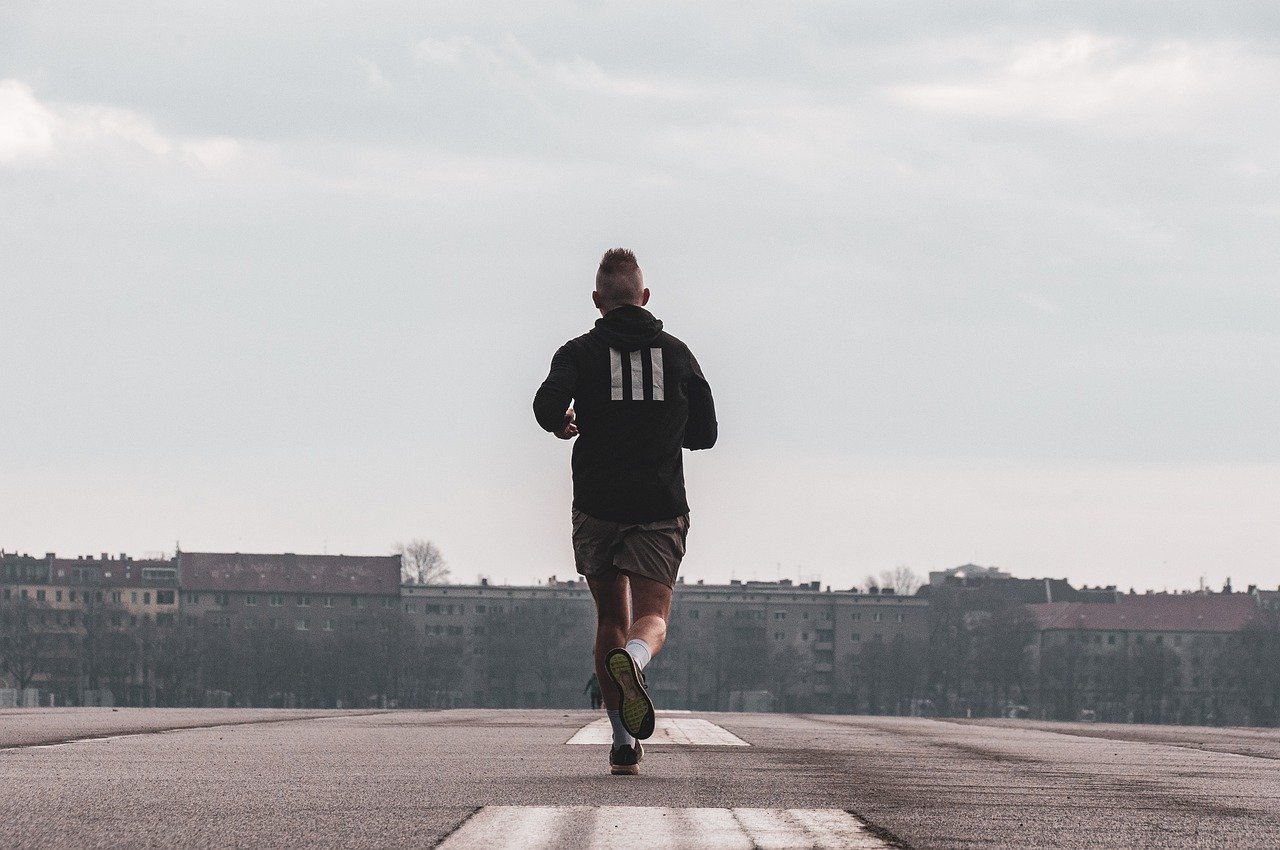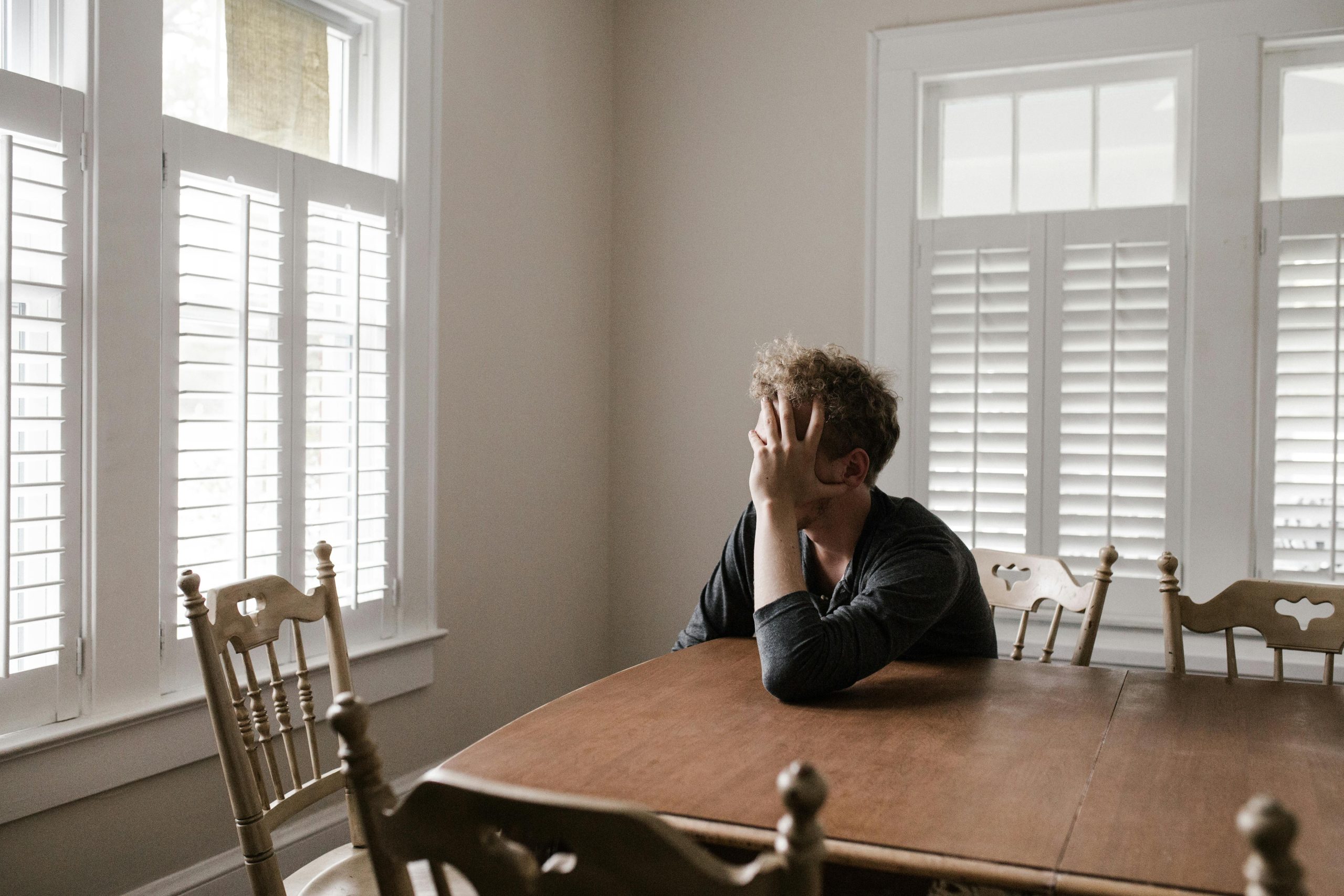Safer Internet Day is celebrated globally in February each year to promote the safe and positive use of digital technology for children and young people, and to inspire a national conversation about using technology responsibly, respectfully, critically, and creatively.
Safer Internet Day 2024 is on 11th February and this year will be celebrated with the theme, Too good to be true? Protecting yourself and others from scams online. For more details of the day click here.
Looking after your children online
Our children have grown up using the internet from a young age, they probably use it every day to play games, watch videos, learn, and do research, and connect with friends.
It’s important to help them to use the online world in a way that’s safe and positive for their mental health and to start to have conversations about being online from a young age and continue to do so as part of your regular conversations.
Show your child how to use the internet in a positive way, to research things, to do homework, to talk to family, and to find out about the world. Talk to them about your own experiences online, including your own less positive experiences. This may be concerning how you feel about showing the ‘perfect’ life for others to see on social media. Talking openly like this should help them understand that ‘perfect’ lives and photos that others share on social media don’t always show reality. Encourage them to talk to you if they have similar experiences.
Ask your child to share with you their favourite Apps, games, or websites. This will help you understand how they work so that you can assess if you have any concerns. A quick online search may also help.
You are your child’s role model, so, if you check your phone constantly at mealtimes, or play violent games in front of your children, then it’s likely your child might do the same.
Set boundaries for your children but be realistic as they need to be age appropriate. Whatever their age, it’s a good idea to sit down together with your child to talk about it and agree some rules about how much time they spend online. For example, using a device just before bed.
If you think anything your child is accessing is not appropriate for their age, talk to them and explain why you think this. Where possible, make it a joint decision with your child, so they understand the reasons and are more likely to stick to it.
Many children play games online, so it’s worth checking the ratings on the games your child is playing. There may be peer pressure for your child to play/buy a game that looks like it’s extremely violent or too old for them. It’s worth checking PGI ratings, which have more detailed information than ratings for films.
You can set up parental controls to stop your child from accessing harmful content online. However, be mindful that your child may know how to get round these and that’s why it’s more important to make sure your child is able to make good decisions for themselves.
It is a good idea to reassure your child that they can always talk to you
You may want to regular check with them if they’ve seen anything online that they are not comfortable with. Explaining that you won’t overreact, that you’d much rather that they told you about it. If they are upset or worried about something they’ve seen, talk to them about how they feel, and how they can avoid seeing the things again in the future. If necessary, help them to report or block content they find disturbing.
Help your child to understand what is meant by personal information, so they can develop an awareness of why it’s significant and why they should be cautious about sharing this type of information or pictures of themselves online. For more details, read our bullying guide here.
Although most social media platforms are officially 13+, most children sign up to at least one when they’re much younger. It’s better that you encourage them to be open with you about this, rather than them keeping it a secret from you. Be aware that if they accept your friend request or follow you on social media, it’s possible they may have another account that they’re not sharing with you.
Bullying is awful, whether it happens face to face or online. If your child is receiving nasty messages, or people are posting unwanted things about them, or they feel harassed. To help them:
- Encourage them to talk to you, it will really help them to talk things though with you and discuss what actions to take.
- Make sure they understand how to block and report the people involved, and to use the privacy settings to limit what people can see on their profiles.
- Help them understand that they are responsible for what they post and how posts may affect how others feel. They shouldn’t say anything online that they wouldn’t say in person.
Some things for you to explain to your child
What you put online stays online. Even things you delete can be saved or screenshotted, including Snapchats meant for just one friend.
- Forums and group chats can be a great way to connect, but don’t feel pressured to share more than you feel comfortable with. Remember, online strangers are still strangers.
- It’s easy to over-share on social media, especially if you forget who can see your profile.
- Help your child to change their privacy settings on each platform they are using, to make their account can only people be seen by those you know and trust.
- Make sure your child understands how to report or block things that aren’t appropriate or someone that makes you feel uncomfortable. Also, to talk to someone they trust about it if this happens.
- Help your child to understand that they shouldn’t feel the need to be available all the time on social media. It’s okay to take a break, and you don’t need to take part in every conversation.
Act on warning signs if you think something is wrong
It’s important to act if you are concerned:
- Talk to your child openly
- Listen to what they have to say
- Don’t rush to judge
- Make sure they know that you’ll always be there for them
Whatever our age it’s important to think about staying safe online and avoiding cyber crime.
Want to learn more? Access our wellbeing hub here.










